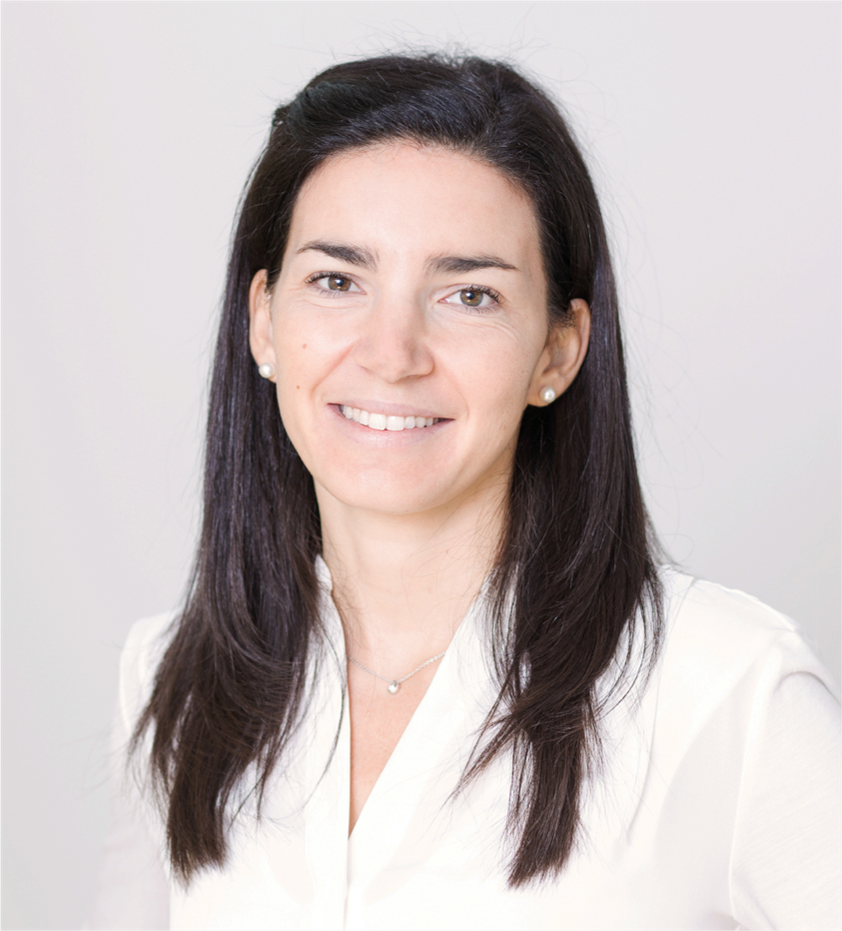Colloquia & Guest Speakers
Controlling Matter At Extreme Time Scales
Francesca Calegari, Full Professor of Physics at the University of Hamburg
Tuesday, September 10, 2024
4:50 p.m.
Presented in-person in Goergen 109 and on Zoom
Abstract
A multitude of dynamical processes in matter occur on ultrafast time scales, ranging from picoseconds (1 ps = 10⁻12 s) and femtoseconds (1 fs = 10⁻15 s) when considering structural changes, to attoseconds (1 as = 10⁻18 s) when examining electronic dynamics. It has been recognized that the evolution of many chemical and biological processes is closely linked to these ultrafast time scales, as both electronic and structural dynamics significantly influence the chemical reactivity of a molecule. Since the electronic density distribution plays a crucial role in bond formation and breaking, having attosecond control over electronic motion could potentially lead to new methods for directing photochemical reactions towards unconventional pathways1. The technological advancement of attosecond light sources2, which was highlighted by the Nobel Prize in Physics in 2023, has given us direct access to the electron time scale within molecules. This has contributed to the birth of the new field of attochemistry3, which aims to control chemical reactivity by influencing electronic motion.
In this talk, I will introduce the fundamentals of attosecond technology, focusing on our recent advancements in generating extremely short light pulses in the ultraviolet (UV)4,5 and soft X-ray spectral ranges. I will then present a range of applications for these ultrashort light transients, including observing characteristic temporal delays in photoemission6 and real-time tracking of ultrafast charge migration in photoexcited molecules7,8. Finally, I will demonstrate that initiating well-controlled charge migration in chiral neutral molecules offers a novel approach for enantioselective charge-directed reactivity9, the holy grail of attochemistry.
Biography

Francesca Calegari received her Ph.D. from Politecnico di Milano in 2009. She was a Postdoctoral Researcher with CNR-INFM and with Politecnico di Milano until 2011. From 2011 until 2016, she was Staff Researcher at CNR-IFN and Adjunct Professor of Physics at Politecnico di Milano. In 2014, she was a Visiting Scientist at MPSD, Hamburg, Germany, and the same year she was awarded the competitive European Research Council (ERC) Starting Grant. In 2015, she was awarded a “special recognition to young women in Photonics” by the European Optical Society (EOS). In 2017 she received the ICO prize and the Ernst Abbe medal from the International Commission of Optics, and in the 2018 she was awarded the Zdenek Herman MOLEC Young Scientist Prize. Recently she has been elected Optica Fellow. Since 2016, she has been appointed Full Professor of Physics at the University of Hamburg and Leading Scientist at DESY where she leads the Attosecond Science Division. She is co-author of more than 100 peer-reviewed papers. She is member of several international boards, one of the three directors of the Hamburg Excellence Initiative Advanced Imaging of Matter, the spokesperson of the HELIOS graduate school, and a member of the Board of Meetings of Optica. The main focus of her research is to track and ideally control in real time the electron dynamics occurring in systems with increasing complexity from simple molecules to molecules of biological interest and nanostructured materials.
